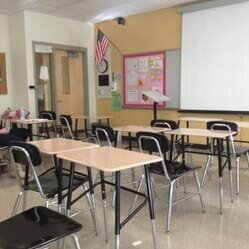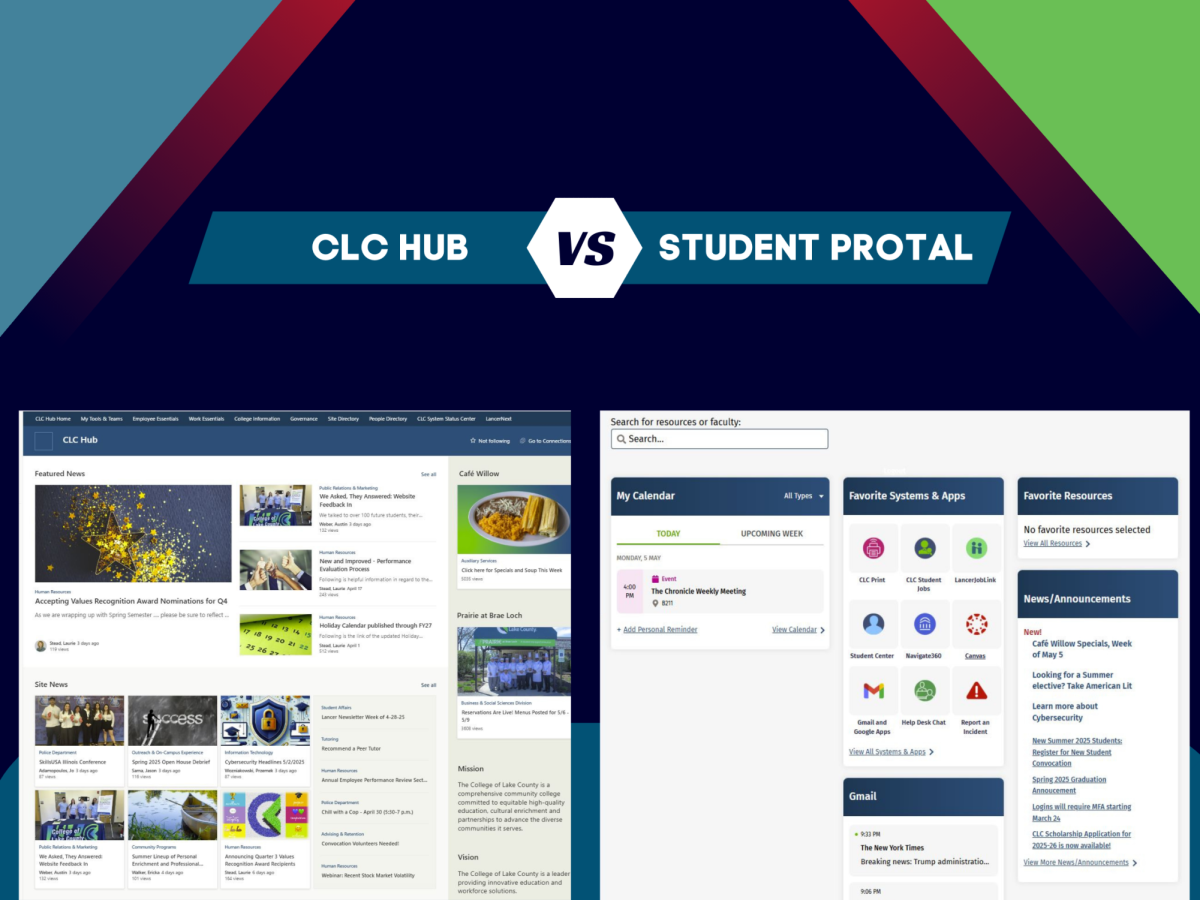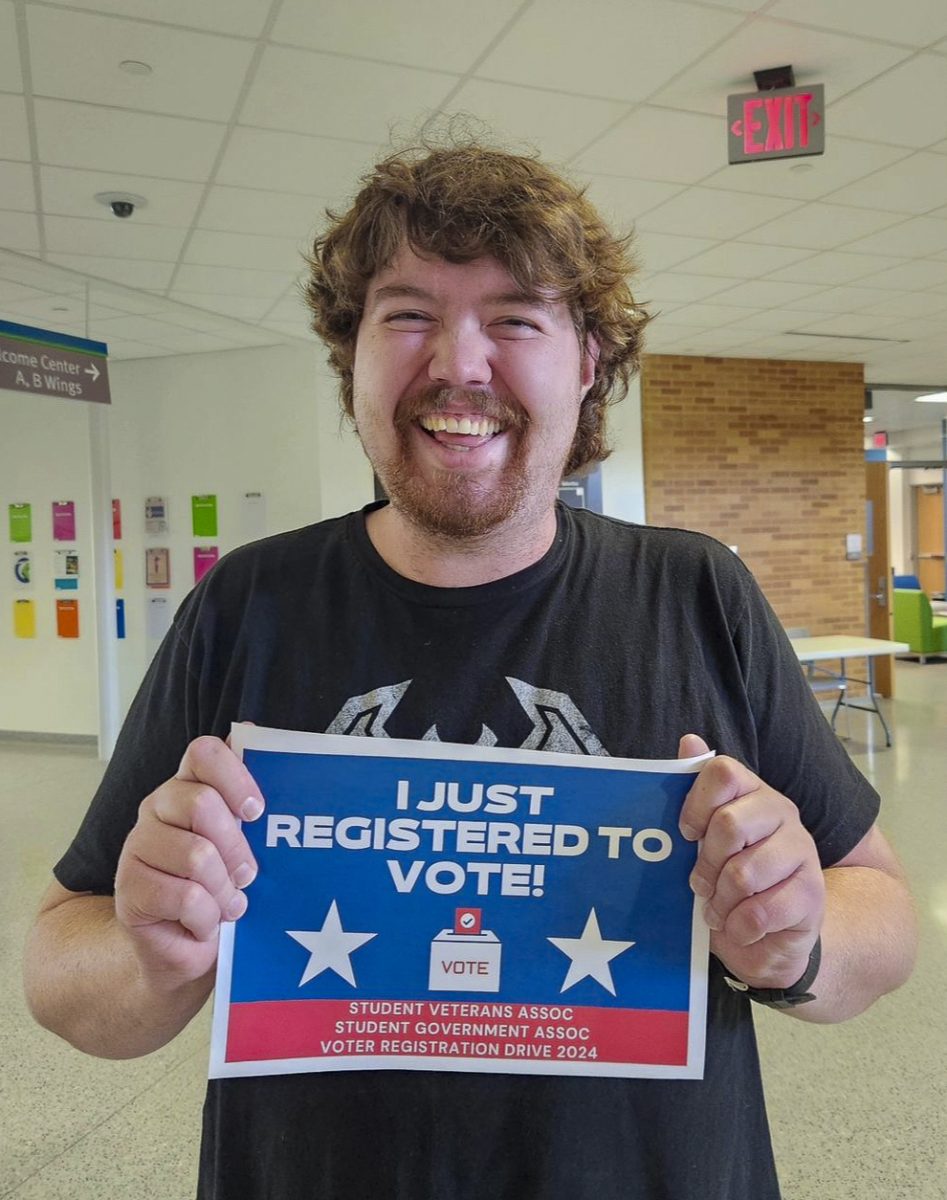We are currently in a time of such drastic division that personal and online disagreements break out all the time because of political beliefs.
This begs the question: “How should political differences be discussed in the classroom?”
Throughout high school, I endured many of my teachers pushing their political viewpoints (or those embedded within the curriculum) onto me and the rest of the class.
A majority of my high school classes were taught in a far-from-neutral context.
Now that I am here at the College of Lake County, I have found some wonderful professors who teach different perspectives, political viewpoints and allow each student to have their own beliefs.
One such professor is my American National Politics professor, Ribhi Salhi.
“Educators are there to educate not to dedicate a certain opinion or thought to their students,” he told me in an interview.
He also shared with me a quote from James Madison that he said inspired him while teaching: “When governments fear the people, there is liberty. When the people fear the government, there is tyranny.”
The same is true in the classroom when it comes to listening.
Professor Salhi starts his lectures, both in-person and online, to engage with his students through conversation, doing so with respect and courage.
He has said this creates harmony and ensures coexistence with diversity.
Professor Salhi knows that the classes he teaches come with challenging topics, especially right now.
And while he teaches his students about the United States Constitution, he makes sure to follow its ideals as well.
He reminded me that “based on the 14th Amendment to the US Constitution that each one deserves to be treated and recognized without any form of discrimination,” including social and political views.
With one good apple, however, comes a bad one.
While I would love to say that all my classes at the College of Lake County have been taught in a neutral context, I would be lying.
Teachers need to understand that the subtle comments they slide in while talking about the United States police, voting, oppression of minority groups, or other controversial topics are not taken lightly by the students.
We often recognize the attitude, hatred, and unwillingness to support or even respect a student’s opposing political views.
Teachers should be allowed to discuss controversial topics in classrooms and engage students in conversations; however, they should limit over-teaching their own political beliefs in the classroom.
If you are close with a teacher and enjoy engaging in politics, you can discuss it outside of the classroom — but not during class.
Outside conversations are the teacher’s and student’s choice, but the teacher should remain neutral for the class’s benefit within the classroom.
Most students have no room for added discomfort in the classroom between work, school, extracurriculars, and home-life.
After all, our generation is about the most politically educated and influential this world has ever seen.
We are here to stay and we are here to continue believing in what we believe in, whether our teachers completely agree or disagree.
Teachers should not be here to tell us what to think but to teach us how to think.
Challenges to our beliefs are always welcome, and when iron sharpens iron, sparks tend to fly.
But teachers can definitely cross a line when they use their platform to force their beliefs on their students.
In the land of the free, our beliefs and morals are our own; nobody can define them for us.







